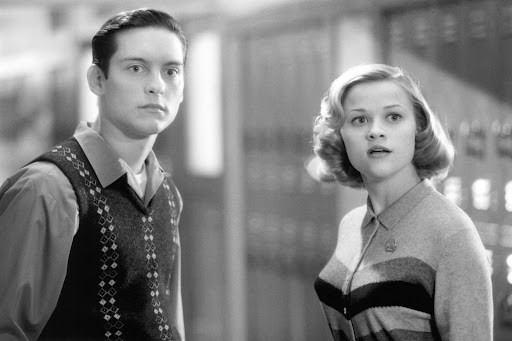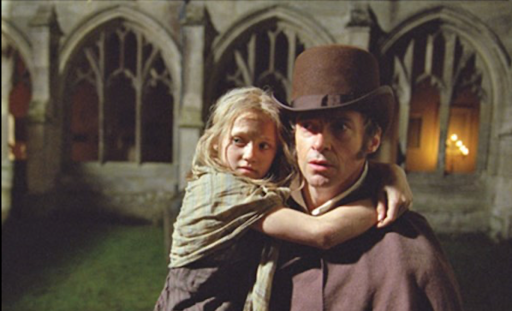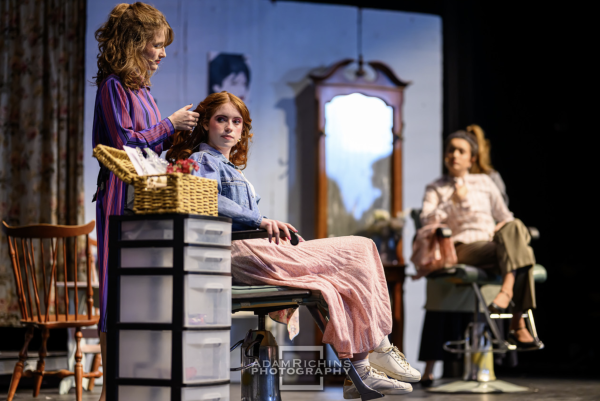The Queen Gambit: Lessons on Resilience and Triumph from a Board Game
Recently, I finished a Netflix original series based on Walter Tevis’ adaptation of the novel, The Queen Gambit. This coming of age story explores the cost of being a genius female chess player. At the end of the 1950s, the young Beth Harmon was abandoned and entrusted to an orphanage in Kentucky. She has an amazing talent for chess and becomes addicted to the tranquilizers which the government provides to children. With her extraordinary mathematical talent and hardworking spirit, she stood out in local, regional, and eventually many international competitions. But at the same time, she is also troubled by addiction to alcohol and tranquilizers. In spite of the constant struggle with herself, she gradually breaks the restrictions of male-dominated chess.
Beth’s childhood is miserable; she lives through abandonment by father, the suicide of her mother, a dreary orphanage, and her adopted parents’ quarrels. In the end, her mother’s mental breakdown caused a car accident; fortunately, Beth survives, but it also makes her become an orphan. What follows is the community life of the orphanage. One day, she accidentally enters the basement and meets the janitor and chess expert Mr. Shaibel. This is the beginning of everything. When the little girl walks into the basement, what greets her is neither sweet candies nor sinister, but real life. It is this lonely school janitor. He is the enlightened mentor of chess for Beth. The friendship between the old and the young is the light of Beth’s gloomy childhood. At one point, Beth is restricted to stay away from tranquilizers and chess.
After several years in the orphanage, Beth moves into her first home after losing her mother. Beth’s legacy also begins in the small town. She always appears on the first page of the town’s newspaper. More and more people come to know this young talented female chess player. After tasting the victory of the first official game in her life, Beth lets her adoptive mother be her agent. The two of them get along like friends while running the chess game business together. Not to spoil the plot, but through those chess games, Beth grows as an independent, mature woman who breaks the traditional male-dominated chess game restrictions. With Beth, the show indicates the puzzles that most girls will encounter when they grow up: about sex, gender expectations, self-knowledge, and how to integrate into the social environment.
With the plot developing, the constant heroine challenges, Beth explores and fights against herself. In the end, with her own efforts and the help of her friends, she recovers her state at a critical moment. Beth’s childhood experiences indeed have an essential influence on Beth’s life when Beth was young, her mother had told her: “The strongest person is the person who isn’t scared to be alone.” I like this quote; it is life advice for everyone that you have to pursue your own life and not be influenced by others. With this thinking in mind, Beth grows up as a self-sufficient girl, but she does not integrate into the crowd smoothly. However, from chess, Beth gains love and friendship. The lady who adopted Beth may not be counted as true maternal love, but she helps and supports Beth whenever she needs her. When Beth is about to face international competition, her former opponents and partners all help her make suggestions, support her and care about her. And for me, one of my favorite characters in the show is her enlightened mentor, Mr. Shaibel. He always is concerned about Beth and gives all of his silent care as similar as fatherly love. He helps Beth when she needs him the most and does not care about being paid back.
I strongly recommend this show to everyone; it only has seven episodes! However, for middle schoolers, please ask your parents’ permission about that. Also, this show is adapted from the same novel; if you want to read a book, please do so.
Carol Li ‘ 21, Co-Sports Editor
21cli@montroseschool.org
















